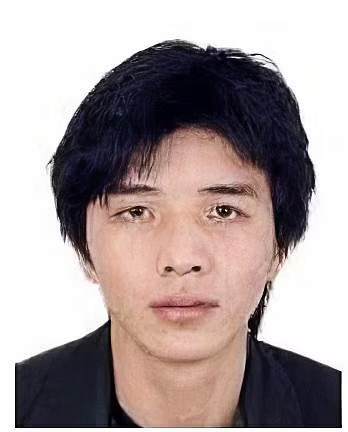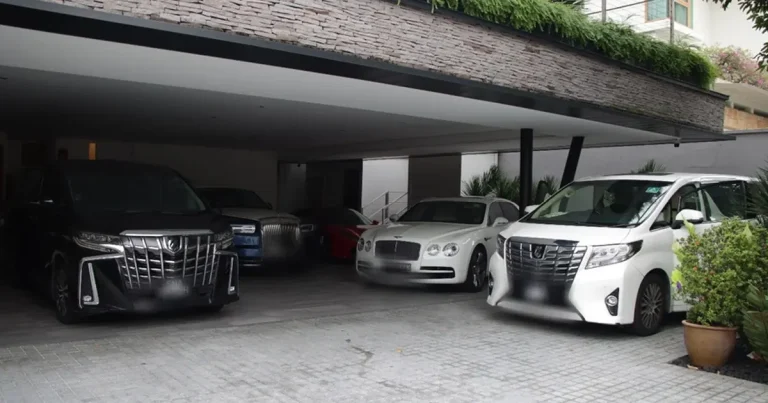8-7-2024 (SINGAPORE) The final chapter in Singapore’s largest money laundering case has drawn to a close with the deportation of Wang Dehai, the last of ten foreign nationals convicted in the high-profile $3 billion scandal. Wang, a 35-year-old Cypriot national of Chinese origin, was expelled to the United Kingdom on 6 July after serving approximately 11 months of his 16-month prison sentence.
The Immigration and Checkpoints Authority (ICA) confirmed on 8 July that Wang has been barred from re-entering Singapore, marking the end of a saga that has captivated the city-state for nearly a year. Wang had pleaded guilty to one count of money laundering in June and agreed to forfeit over $49 million in assets to the state.

This deportation comes on the heels of a statement made in Parliament on 2 July by Minister of State for Home Affairs Sun Xueling, who clarified that while individuals with multiple passports may express a preference for their deportation destination, Singapore ultimately deports them to countries most likely to accept them.
Wang’s expulsion means that nine of the ten individuals convicted in this unprecedented case have now left Singapore. The departures began on 6 May with Su Wenqiang and Wang Baosen, who were sent to Cambodia after serving about 8½ months of their 13-month sentences. This was followed by the deportations of Su Baolin and Su Haijin to Cambodia on 25 and 28 May respectively, and Vang Shuiming to Japan on 1 June.
Chen Qingyuan, Zhang Ruijin, and Lin Baoying were all deported to Cambodia on 15 June after serving 10 months of their 15-month sentences. The only convict still remaining in Singapore is Su Jianfeng, who was sentenced to 17 months’ imprisonment in June.
These ten foreign nationals were arrested in August 2023 during islandwide raids conducted by Singapore police as part of a sweeping money laundering investigation. The probe resulted in the seizure of assets worth more than $3 billion, shocking the financial community in Singapore and beyond.
The ICA has emphasised that the convicted individuals were deported on the earliest possible flights upon completion of their sentences. They were escorted directly from prison to the airport and were not permitted to return to their residences to collect personal belongings.
Authorities have assured the public that Singapore’s advanced immigration clearance technology at checkpoints is capable of detecting deported individuals even if they attempt to re-enter the country using different identities or passports.




